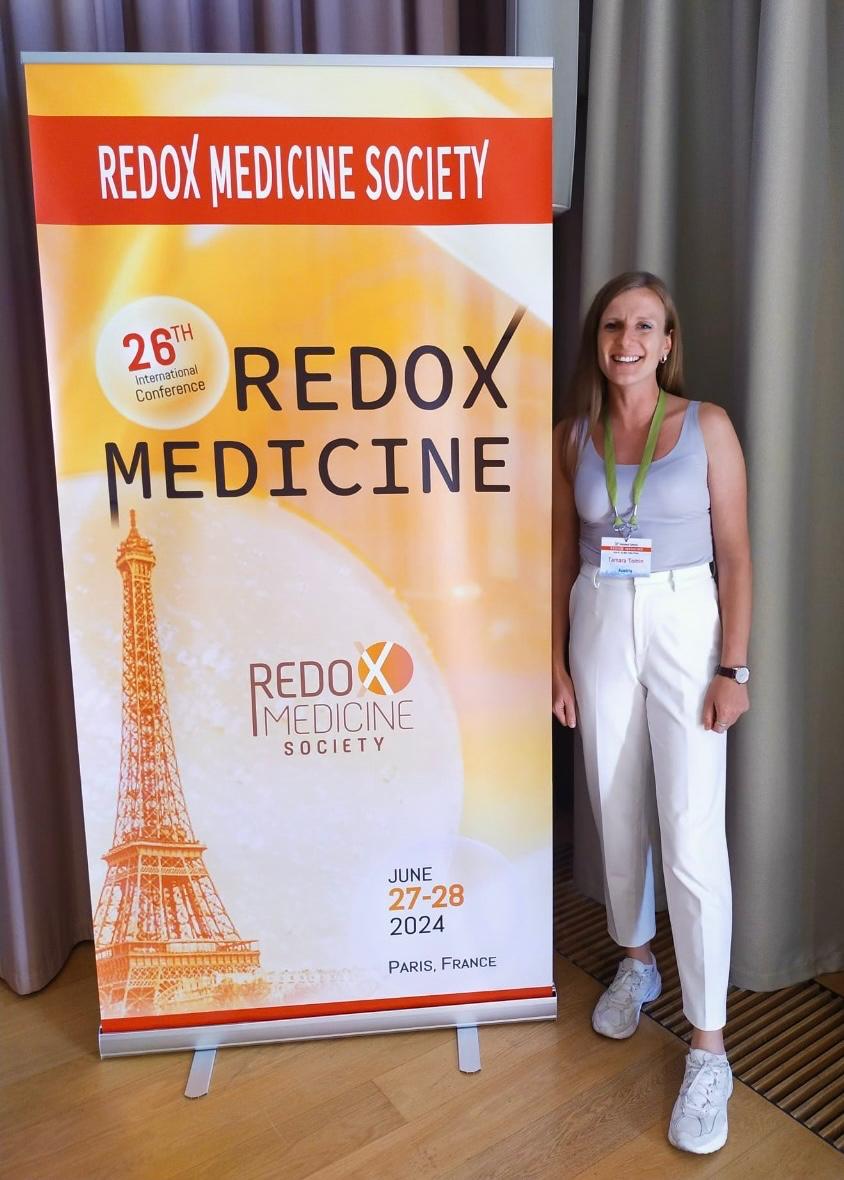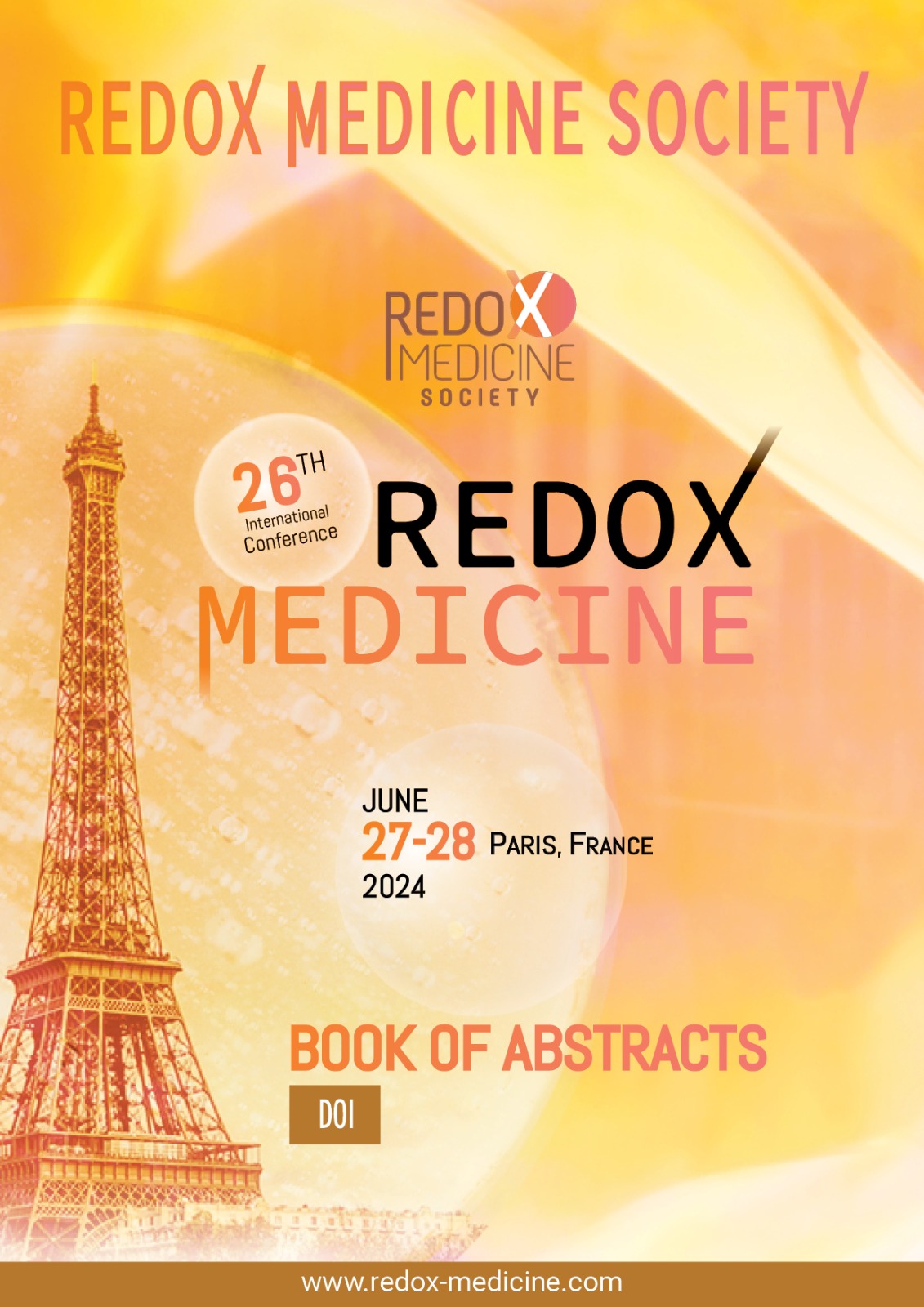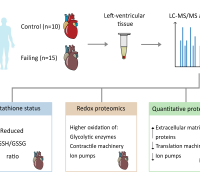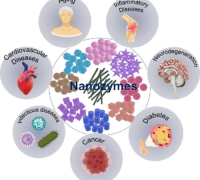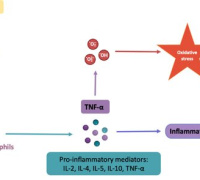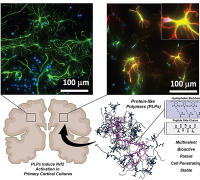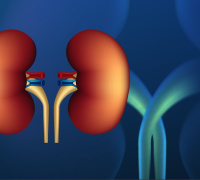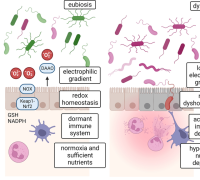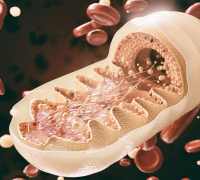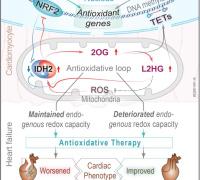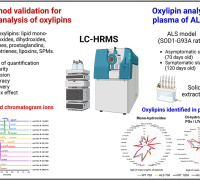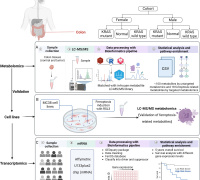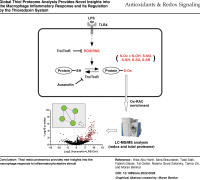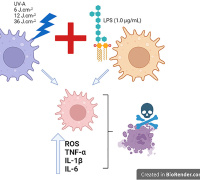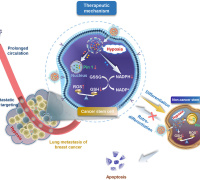Can Vitamins and Supplements Help Patients with Mitochondrial Disease?
Defects in mitochondria, the tiny structures that power our cells by functioning as biological batteries, cause an array of complex, often life-threatening disorders that can affect any and all organs and systems. In the absence of validated, effective drug treatments, patients with mitochondrial disease often take a variety of vitamins and supplements, substances that are largely unstandardized, unregulated and unproven.
Experts in mitochondrial medicine propose to remedy that situation, calling for systematic scientific studies in cells and animals to lay the foundation for clinical trials of precise nutritional interventions for patients with energy deficiency diseases.
“We’re aiming to raise the bar for clinical treatments,” said Marni J. Falk, MD, Executive Director of the Mitochondrial Medicine Frontier Program at Children’s Hospital of Philadelphia (CHOP). Falk co-authored a new analysis of nutritional interventions for mitochondrial disorders published Nov. 3 in the Annual Review of Pathology: Mechanisms of Disease. “Our major objectives were to review the basic scientific evidence for compounds already being used in mitochondrial disease patients and to advocate a framework for rigorously evaluating their safety and efficacy in this population.”
The review article represents the collaborative effort of expert co-authors from eight centers, including first author Adam J. Kuszak, PhD, of the Office of Dietary Supplements of the National Institute of Health (NIH). The current effort grew out of a 2014 NIH meeting focused on developing an evidence base for nutritional interventions in primary mitochondrial disorders.
“Our analysis made it clear how much more we need to learn about developing effective nutritional treatments for mitochondrial disease,” said co-author Zarazuela Zolkipli-Cunningham, MBChBD, a neuromuscular specialist and attending physician in CHOP’s Mitochondrial Medicine Frontier Program. “There’s a large gap between the compounds that patients are routinely using and the degree to which those compounds have been scientifically tested.”
For instance, Zolkipli-Cunningham pointed to an “astounding variety” of the supplement coenzyme Q10 (CoQ10), sold over the counter in diverse versions and dosages. It is marketed as an antioxidant to reduce biological damage from reactive oxidant molecules.
However, she pointed out, there is no definitive evidence for health benefits from CoQ10. Moreover, there are no standardized formulations for this supplement, so patients may receive widely varying ingredients from one product to another. A third consideration is that a given supplement may act differently in a healthy consumer than in an individual with a mitochondrial disorder, because defects in mitochondria have wide-ranging effects on cellular function. Finally, supplements may act very differently across different subtypes of mitochondrial disease.
“Anything that affects cellular function is biologically acting as a drug, whether you obtain it from a pharmacy or a health food store,” said Falk. “However, unlike prescription medications, which are closely regulated and standardized by the U.S. Food and Drug Administration, vitamins, dietary supplements, and medical foods are considered in our country to be in a separate regulatory category with much less stringent requirements. Their manufacturing standards are not as tightly regulated, and their claims are limited to optimizing general public health, not to treating specific diseases. So we know a lot less about their safety and efficacy in patients.”
To read the complete news, please follow the link to original news: http://www.chop.edu/news/can-vitamins-and-supplements-help-patients-mitochondrial-disease








